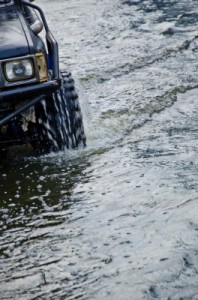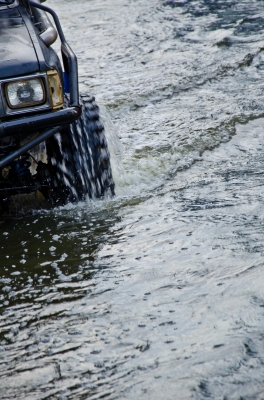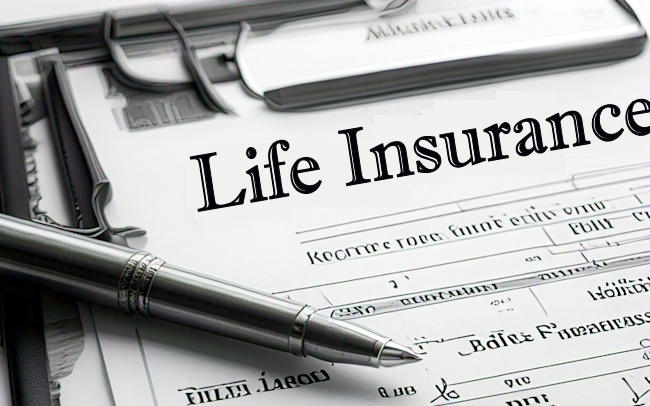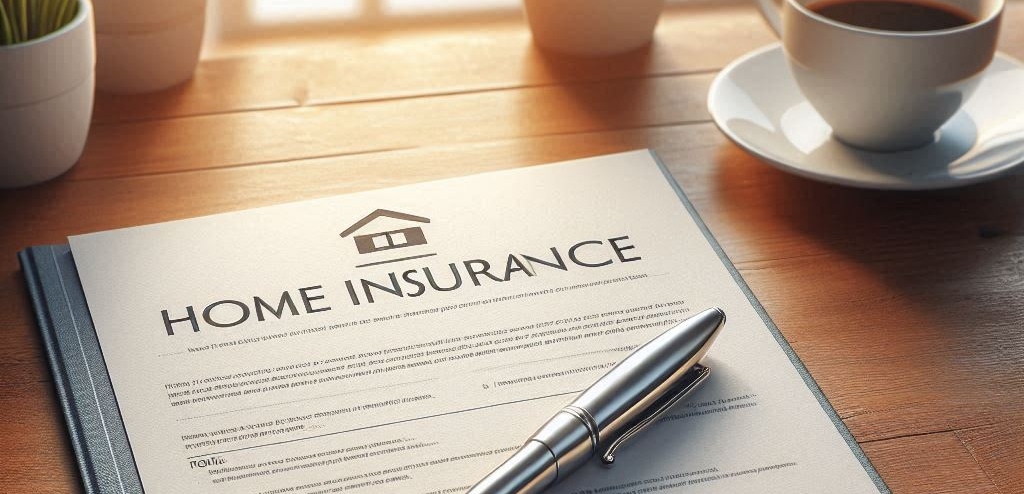Protecting Against Emergencies
Protecting your family from disaster doesn’t have to be difficult. Of course, having an emergency fund is a good place to start, but what about other disasters that are right around the corner? What do you do about medical emergencies, pet emergencies, or a natural disaster?
Health Insurance

If you haven’t done so already, consider picking up health insurance. Most employers offer it as part of your terms of employment, but even individuals can buy insurance on private insurance exchanges. Federal and state-run exchanges are also being set up so that you can buy insurance for your entire family. Penalties for not having health insurance will begin phasing in for the 2014 tax year. Check out the ObamaCare Tax Credit Calculator to see if you are eligible for assistance in getting your health insurance.
Dental Insurance
Another form of insurance that is often promoted is Dental Insurance. It is a good method to insure against dental emergencies and usually includes coverage for a couple of check-ups during the year. Your dental condition will determine whether or not it is a good value for your family.
Household Appliance Insurance
If you have difficulty setting aside money for appliance repairs you might consider appliance insurance. It offers to pay for items like broken stoves, dishwashers, refrigerators, water heaters, washing machines, Dryers, etc. If you are fairly handy and can install them yourself, you will probably be better off setting aside the money you would have paid for the insurance and replacing them yourself when the time comes.
If you pay $50 / month that is $600 / year which would probably cover any one or two of those items except possibly the refrigerator. If you buy at a local Sears “scratch and dent” outlet you could easily replace one item a year and still have money left over. And since the average appliance lasts 20 years the only time the insurance would pay is if you have several items that will need replacing in the next couple of years. If you decide to opt for appliance insurance be sure to check on how they determine whether they replace or just repair the item. Otherwise, you may just end up with a patched up washer that will break again soon… when what you really need a new one.
Become Your Own Insurance Company- Start A Savings Account
Insurance companies are one of the most profitable businesses around. Legendary investor Warren Buffet’s entire fortune is based on the insurance industry. By putting money aside rather than giving it to an insurance company you can build you wealth. But you still need to protect against “catastrophic” expenses that would “break the bank”.
Savings accounts can save you a lot of time and frustration in the long-run. Don’t underestimate the power of savings. It sounds almost too simple, but consistently putting money into a savings account can help you pay for emergency expenses, get you out of almost any jam, and really de-stress your life. Expenses like new tires that would be a major “emergency” if you don’t have the money become a minor inconvenience if you have the money in the bank.
Seriously. All it takes is a few thousand dollars and you’ll feel a weight being lifted off of your shoulders. How do you save up a few thousand dollars? Start with your tax return. Most people use the IRS as a forced savings – bad idea. By over paying your withholding’s, you are just giving the IRS an interest free loan.
When most people get their refund they treat it like a “windfall” or gift and go out and spend it. If you set it aside (perhaps through a payroll deduction or automatic transfer) into an emergency fund, you will be less likely to treat it as “free money” and spend it foolishly.
Use the IRS’s withholding calculator to determine how much you should be having withheld from your paycheck. Remember, after you adjust your withholding, you won’t get a big refund check when you file your taxes. But if done properly you will be building an emergency fund.
Emergency Preparedness
You’re never truly prepared for an emergency until you have a stockpile of non-perishable food. That’s probably the most important thing you can keep on hand. When disaster strikes, whether it’s something major like an, earthquake, tornado or hurricane or even just a big snow or ice storm that knocks out the power for a few days, the most prized commodity becomes food and water. Stocking up on both will ensure your family can survive comfortably.
Consider buying canned goods in bulk and getting a filtered water bottle. These bottles are specifically designed for disaster scenarios. They will filter non-potable water, making them an ideal addition to your emergency kit. For food, consider canned goods or dried goods and keep a manual hand crank can opener with your emergency stock. You don’t want to have a bunch of cans lying around with no way to open them. A good way to get started is to buy a few extra cans every week of the stuff you normally eat then just always rotate the new purchases to the back of your shelf so you are using the oldest first. Before long you will have a full cupboard and not have to worry about going hungry if disaster strikes.
Related Articles:
- 5 Factors That Influence Car Insurance Costs
- What Can You Do if You Have Been Turned Down for Life Insurance
- Life Insurance and Annuities: The Secret is the Bottom Line
- Is Property Insurance Worth the Investment?
Image courtesy of jiggoja / FreeDigitalPhotos.net.








